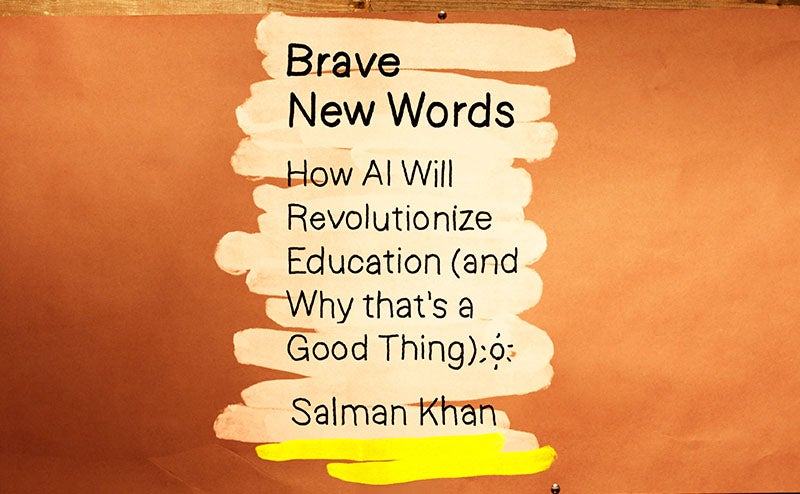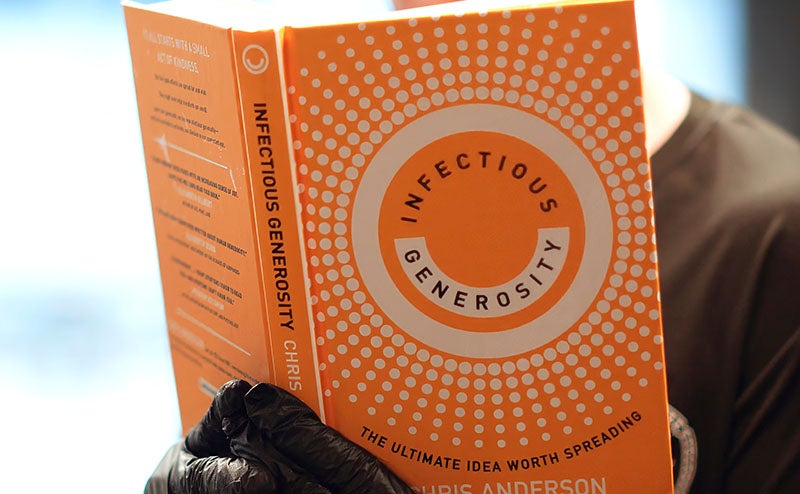If I had been just a year or two older, I might have been called to serve in the Vietnam War. I think that’s one reason why I’m so interested in books and movies about the war. I always come back to the same question: If I had fought in the war, would I have showed courage under fire? Like many people who have not served, I have my doubts.
In addition to thinking about those who fought and died in the war, I have also spent a lot of time learning about those who directed the war. My interest in all aspects of the war is the main reason I decided to pick up Michael Beschloss’s newest book, Presidents of War. I’m glad I did. In the chapters that focus on Vietnam, I learned quite a few things about the complex calculations that led the U.S. into and out of Vietnam. (I also learned a surprising piece of trivia: the commander of the U.S. carrier division that was fired on in the Gulf of Tonkin in 1964—in the incident that provided a premise for President Johnson to send the first U.S. ground troops to Vietnam—was the father of Jim Morrison of the Doors.)
But the richest insights for me came from the fact that the book’s broad scope lets you draw important cross-cutting lessons about presidential leadership. Beschloss looks at how presidents have handled each of the nine major conflicts the U.S. entered between the turn of the 19th century and the 1970s: the War of 1812 (James Madison), the Mexican-American War (James Polk), the Civil War (Abraham Lincoln), the Spanish-American War (William McKinley, Theodore Roosevelt), World War I (Woodrow Wilson), World War II (Franklin Roosevelt and Harry Truman), the Korean War (Dwight Eisenhower), and the Vietnam War (Kennedy, Johnson, and Nixon).
Beschloss didn’t unearth much new material about any of these wars. But looking at each president and each conflict with a similar lens is what makes the book a worthwhile read. It is also timely, given that we’re in our 18th year of war in Afghanistan and have troops deployed in many other places around the world.
The first cross-cutting theme is that being Commander in Chief is by far the hardest part of the hardest job in the world. It takes good judgment, moral courage, emotional stability, and curiosity (especially a willingness to learn from previous wars). Based on these criteria, I think we were lucky to have Abraham Lincoln in charge during the Civil War. But Beschloss shows that even Lincoln made significant mistakes and struggled mightily under the strain of war. Lincoln wrote to various friends that he was “wrung by the bitterest anguish,” felt almost ready to “hang” himself, and “I have a strong impression that I shall not live to see the end.”
Similarly, we were lucky to have FDR at the helm during World War II. But Beschloss shows that his moral compass was often on the fritz. I had already known that FDR was responsible for the internment of Japanese-American families and chose not to act to save European Jews even after he was absolutely clear that the Nazis were systematically exterminating them. But I hadn’t realized that FDR engaged in Nixon-like spying on political enemies; his son Elliott later acknowledged that his dad “may have been the originator of the concept of employing the IRS as a weapon of political retribution.” (Eleanor Roosevelt comes across with her reputation fully intact based on her moral and physical courage during the war.)
The second cross-cutting theme is how often our country goes to war based on wounded pride rather than on more sober considerations. In almost every case, a large majority of Americans don’t want to go to war. But often the tide turns because troops we have put in harm’s way get attacked—or, in the case of the Spanish-American War, simply appear to get attacked—and you get a very predictable honor-driven thing going on. The previous sentiment of “Don’t send our kids off to get killed” shifts very quickly to “We must defend our honor!”
For example, James Polk manipulated that national reflex in the Mexican-American War. Beschloss shows how Polk conspired with a “bombastically aggressive” Naval officer to provoke Mexico into attacking U.S. troops and inflaming the public to demand war. In Beschloss’s words, “Satisfied that his ends would justify his means, James Polk lied and connived, creating a pretext for a war that, despite his public claims, was designed to allow the United States to seize vast territory from Mexico.”
The third cross-cutting theme is that we still don’t have a well-designed system for deciding to go to war, despite nearly 250 years of history. The Constitution says that only Congress has the power to declare war. And yet U.S. presidents have assumed ever greater authority to march our troops into battle—and Congress has largely acquiesced. Congress has issued a formal declaration of war in only five conflicts, and the last time it did so was in 1942.
The final cross-cutting theme is that each of these wars is connected to the ones that came before it. For example, in 1898, the battleship USS Maine blew up in Havana Harbor, killing 266 sailors and igniting the Spanish American War. (The blast was almost certainly a result of a boiler accident rather than a Spanish torpedo.) If that blast had not occurred, the U.S. might not have launched war against Spain. Without the Spanish-American War, the U.S. may not have seized the Philippines and brought Asia into its sphere of influence, or taken Hawaii as its territory, or stationed its Pacific fleet in Pearl Harbor.
It is fascinating and heartbreaking to think about the butterfly effect the Maine explosion had on World War II, Korea, Vietnam, and the Cold War. Beschloss’s book is full of such “what if” moments. It is hard to read about today’s conflicts without thinking about how they might connect to the past and what impact they might have on the future. Presidents of War is worth reading, whether you are one of the nation’s leaders or just an armchair historian.





